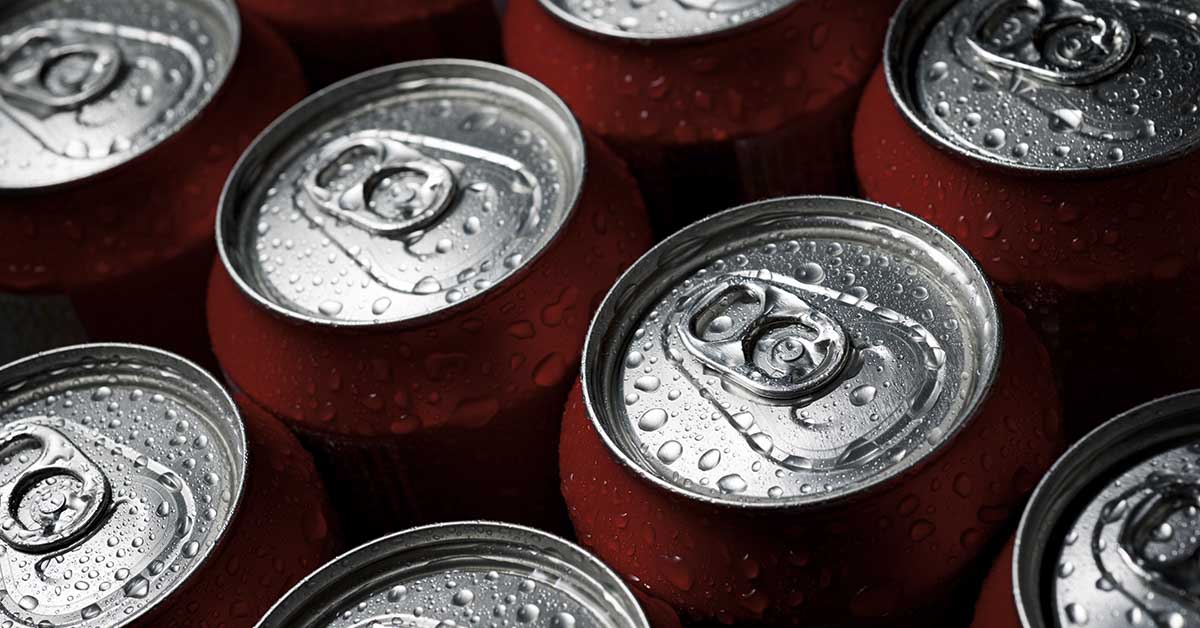Cases of colon cancer have been on the rise for people under 50 years of age by 3% every year since 2011. According to the American Cancer Society, around 107,320 American adults will be diagnosed with colorectal cancer. This number represents an almost equal split among the sexes, with 54,510 men and 52,810 women anticipated to be diagnosed. Interestingly, while there has been a steady decline in diagnosis among patients aged 65 and older, a significant increase has been noted among those aged 20 to 49. While there are multiple potential factors that could influence this outcome, one oncologist believes she has found one of the major culprits.
Is This Popular Type of Drink Causing Colon Cancer?
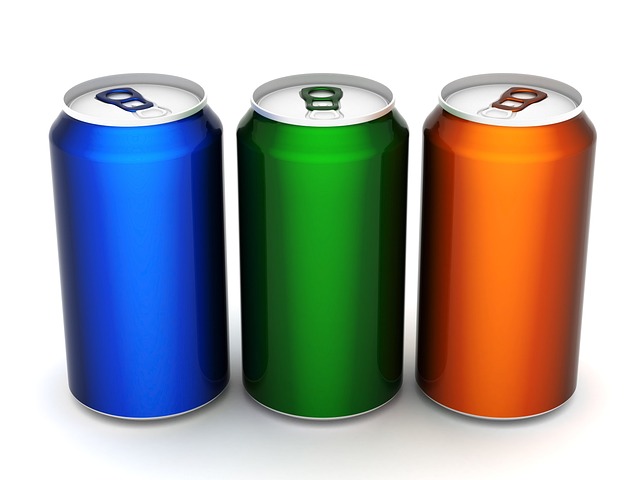
The oncologist who made these findings is Dr Emma Schatoff, who works at the Memorial Sloan Kettering Cancer Center in New York. Talking to the Daily Mail, she shared that she was seeing many young people coming in with cancers that had spread all over. Doctors were typically surprised to find that the cancer had spread to their lungs, liver, and other organs. They looked at everything that could potentially raise their risk level. They examined medication use and inflammatory bowel disease, but couldn’t find any causes there. “Then we looked at diet, and found no link with processed foods or red meat.
But we did find a link with high sugar foods in stage four patients diagnosed with the disease for the first time. We defined a high sugar diet as daily consumption of high sugar foods, such as a single soda or a candy,” revealed Dr Schatoff. According to the CDC, this is particularly concerning, considering that 63% of American adults report drinking sugar-heavy drinks at least once a day. For this study, Dr Schatof and her team analyzed the questionnaire answers of 303 patients diagnosed with early-onset colon cancer. While 191 of the patients were diagnosed as having stage 1 to stage 3 colon cancer, 112 of the participants had stage 4 cancer.
Read More: Common Energy Drink Additive May Raise Blood Cancer Risk
Results of the Colon Cancer and Soda Study
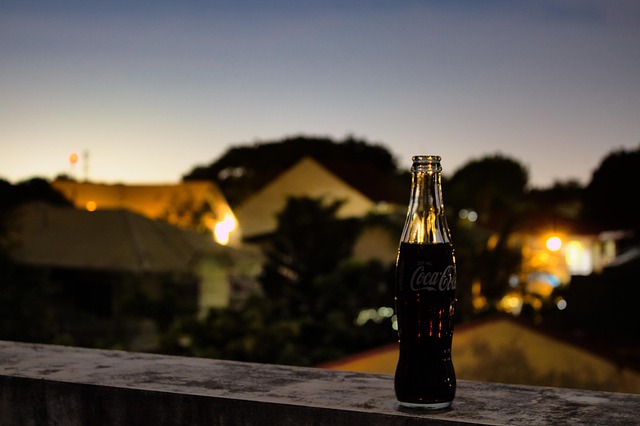
The study indicated that dietary factors such as intake of dairy, processed foods, fruits, fish, and vegetables had no association with cancer. Yet the individuals who had high sugar diets were shown to be more likely to have been diagnosed with aggressive forms of cancer that have spread throughout the body. Another similar study found that each eight-ounce serving increases the risk by 16%, with the figure jumping up to 33% when consumed as teenagers. Additionally, they found that swapping the soda for an alternative, such as coffee or artificially sweetened drinks, could potentially slash this risk by 17 to 36%.
According to Harvard Health, “The researchers speculated that the recent rise in the number of colorectal cancer cases diagnosed before age 50 is connected to an increase in sugary drink consumption, particularly among young adults. The American Cancer Society now recommends that colorectal cancer screening begin at age 45 instead of age 50, and possibly earlier in people with a family history of the disease.” Researchers have suggested that there are “biologically plausible explanations” for these results. They stated that sugar-heavy beverages can disrupt the body’s satiation mechanism, which results in weight gain. Furthermore, fizzy drinks are known to induce dramatic spikes in insulin and blood glucose levels. This can lead to inflammation, type 2 diabetes, and obesity.
Read More: How Childhood Exposure to Certain Toxins Could Increase Colorectal Cancer in Youth
How Fizzy Frinks Cause Colon Cancer
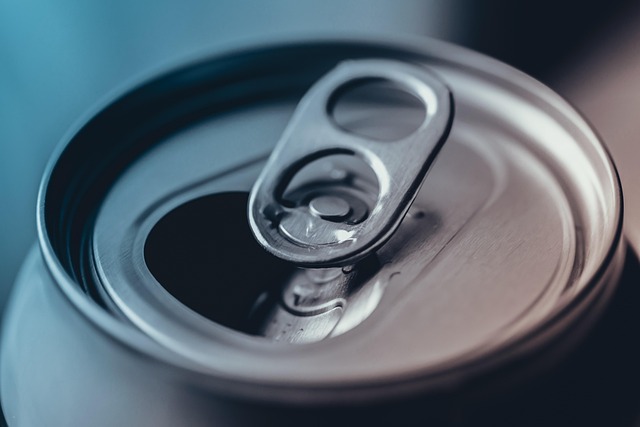
Laboratory experiments have shown how sweetening agents weaken the defensive barrier of the gut. This creates an environment where tumors are able to thrive. Additionally, fizzy drinks are the most prominent source of added sugars in the American diet. In fact, they make up a whopping 39% of the total intake. According to Dr. Cao of the University of Washington in St Louis, “Considering the well-established, adverse health consequences and the highest consumption being characterised in adolescents and young adults under age 50 years, our findings reinforce the public health importance of limiting intake for better outcomes.”
The Bottom Line
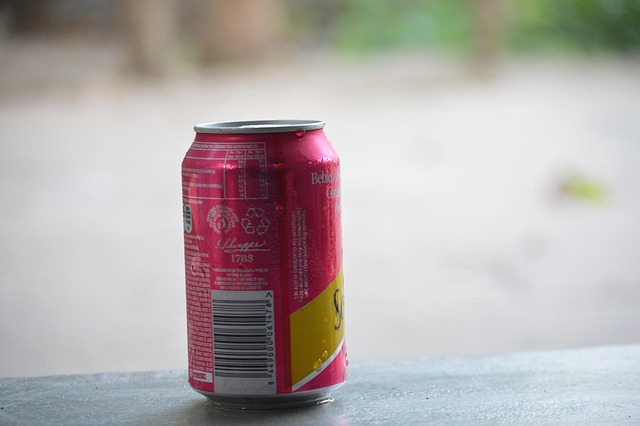
The increased rates of colon cancer among young adults have become a big public health issue. Several studies have indicated that sugary drinks are a major contributor. According to research, drinking even one glass each day increases the risk of developing cancer. While other dietary factors showed little to no correlation, sugar-laden beverages emerged as a consistent association in multiple studies. Experts now advise people, particularly teenagers and young adults, to replace these drinks with healthier options. With cancer diagnoses becoming more common in individuals under the age of 50, making informed food choices could be an important step toward prevention.
Read More: Energy Drinks May Trigger Dangerous Condition in People With Heart Disease, Study
